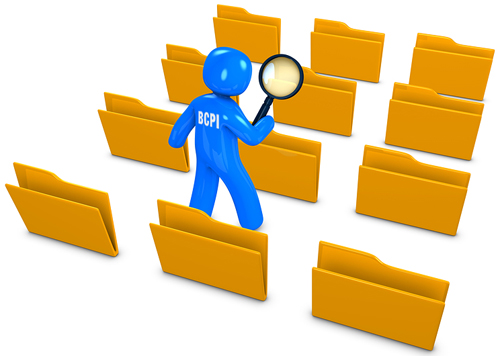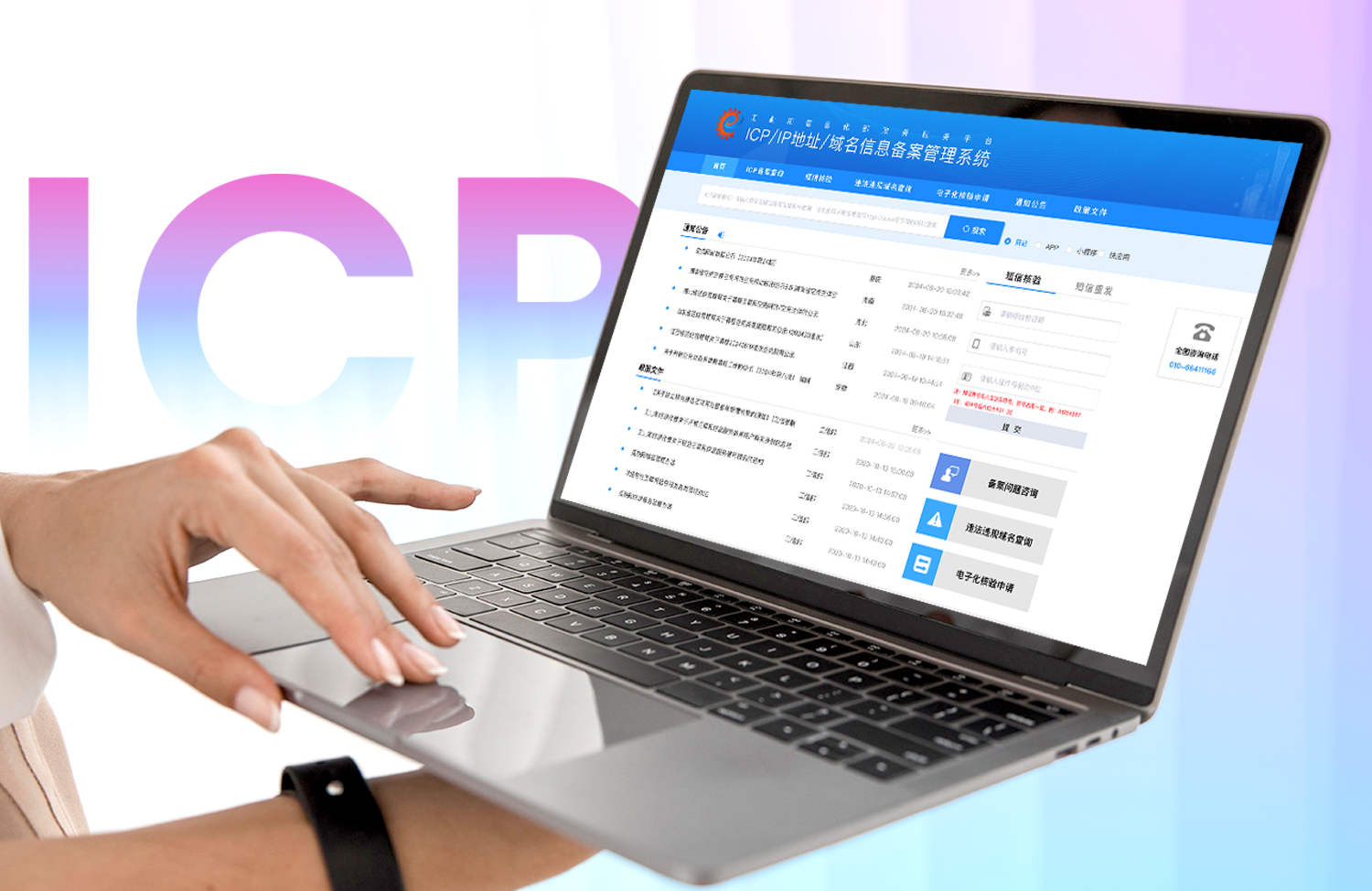Whether Developing an eCommerce website or doing a full-scale build, one of the most important parts in the whole process is the planning. Preparing a build before you start can sometimes seem like a bit of a tedious and time-consuming task, but not only will it make everything run a lot smoother, it will also save a lot of time. You may be wondering where you even begin, and that’s what this article will help you answer.
1.Have your logo ready
2.Prepare a thorough business requirements document
Anyone new to the world of eCommerce may not embark on a new build with solid requirements. This is understandable because it takes time to learn what your requirements are as you enter a new market. However, it is essential to sit down and gauge your expectations. What elements are must haves that you can’t live without? Sometimes those requirements are based on your demographic, and only you will know your customers best. Making your requirements clear to your eCommerce solutions provider is an essential component of the opening stages of starting an eCommerce project. Without a clear understanding of your requirements, you won’t be able to move on to the next step…
3. Prepare the product database
 Your web developer’s masterful web design skills can only take you so far - you need products to populate the shopping cart. Start by preparing a spread sheet of products broken down by category. The spreadsheet will help organize all the data you will need to eventually enter into the shopping cart software. You will need to include fields such as product title, price, short description, and longer description. If you will be shipping items, you may also want to include the weight of each product in your spreadsheet. Ask your web development company if it is possible to get a copy of an exported product file as an example you can follow. Last but not least, prepare a collection of images for your products, and include the file name of the appropriate image with each product in your spreadsheet.
Your web developer’s masterful web design skills can only take you so far - you need products to populate the shopping cart. Start by preparing a spread sheet of products broken down by category. The spreadsheet will help organize all the data you will need to eventually enter into the shopping cart software. You will need to include fields such as product title, price, short description, and longer description. If you will be shipping items, you may also want to include the weight of each product in your spreadsheet. Ask your web development company if it is possible to get a copy of an exported product file as an example you can follow. Last but not least, prepare a collection of images for your products, and include the file name of the appropriate image with each product in your spreadsheet.
4. Determine shipping methods
If you will be selling tangible products, like shirts, you probably need to use a shipping service to send them to the customer. There are several options for shipping services, and you may even offer more than one option to your shoppers. For example, you might offer both USPS and FedEx expedited options during checkout, and allow the customer to choose their preference. Evaluate your shipping options and determine the rates you want to charge. Consider the whole customer experience, including any special discounted shipping or free shipping offers you plan to provide. There are various models for charging shipping, such as flat rate shipping, table rate shipping (a table of different rates depending on quantity or price points), and weight-based programs (USPS, UPS, FedEx).
5. Write policies
 Today’s standards require certain policies to be present on your website, defining procedures and the responsibilities of your business and your shoppers. Payment service providers also require these policies to be represented on your website. It might be acceptable to simply have a web page describing the policies and link to them in the footer of your website, or you may require customers to acknowledge the policies during checkout. These policies usually include a privacy policy, terms and conditions or service agreement, and return policy.
Today’s standards require certain policies to be present on your website, defining procedures and the responsibilities of your business and your shoppers. Payment service providers also require these policies to be represented on your website. It might be acceptable to simply have a web page describing the policies and link to them in the footer of your website, or you may require customers to acknowledge the policies during checkout. These policies usually include a privacy policy, terms and conditions or service agreement, and return policy.
6.Prepare your website for SEO
Your website is the most important element in the search engine optimization (SEO) process. You can optimize a well-built website easily and it will get a high ranking by default. A poorly structured website may be impossible to optimize and your SEO efforts may not help it reach the top of the search engine results. Thus, it is important to prepare your website before applying any SEO steps.
Are you ready to build your online store? Contact us and email us your inquiry!














